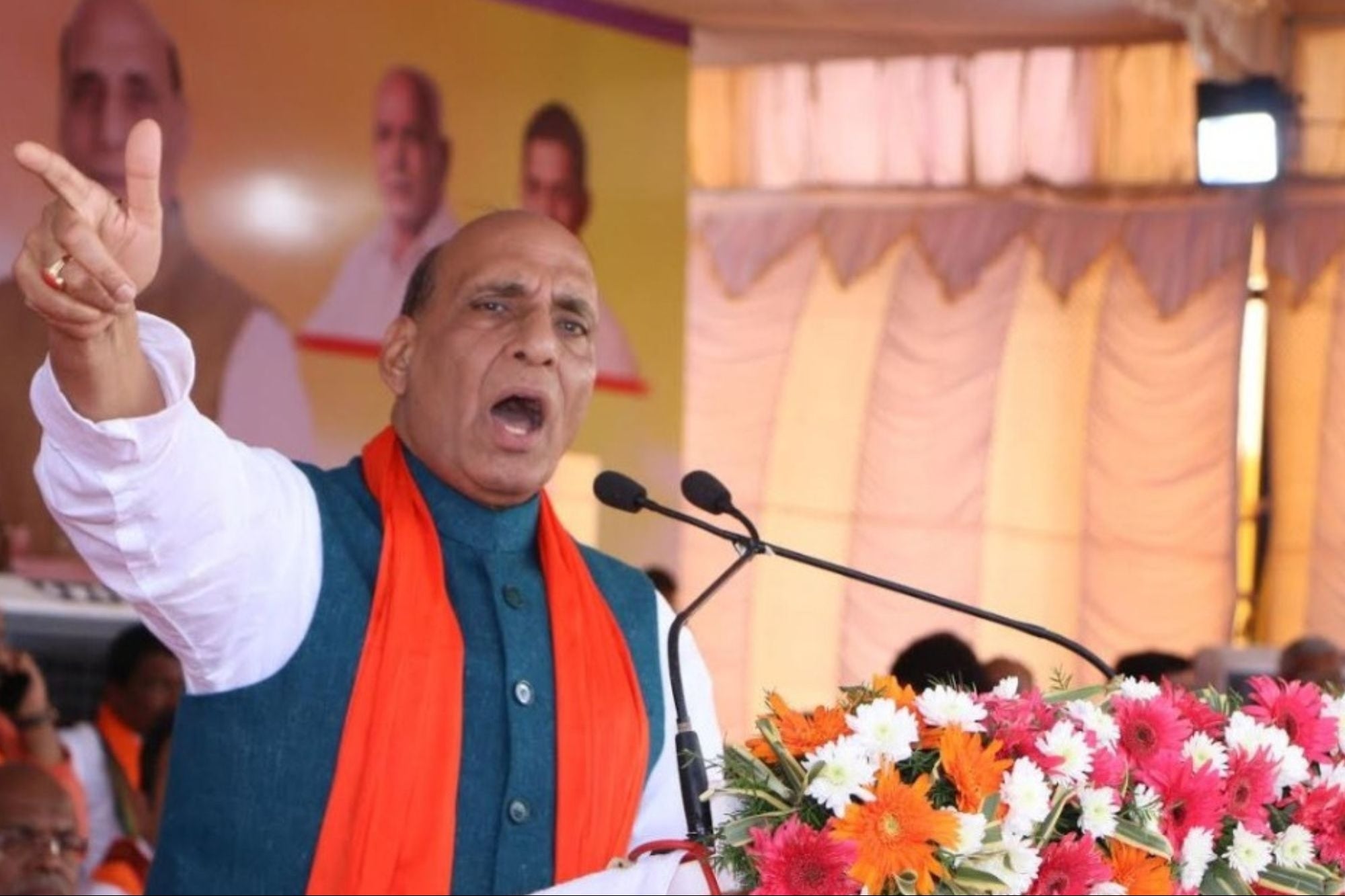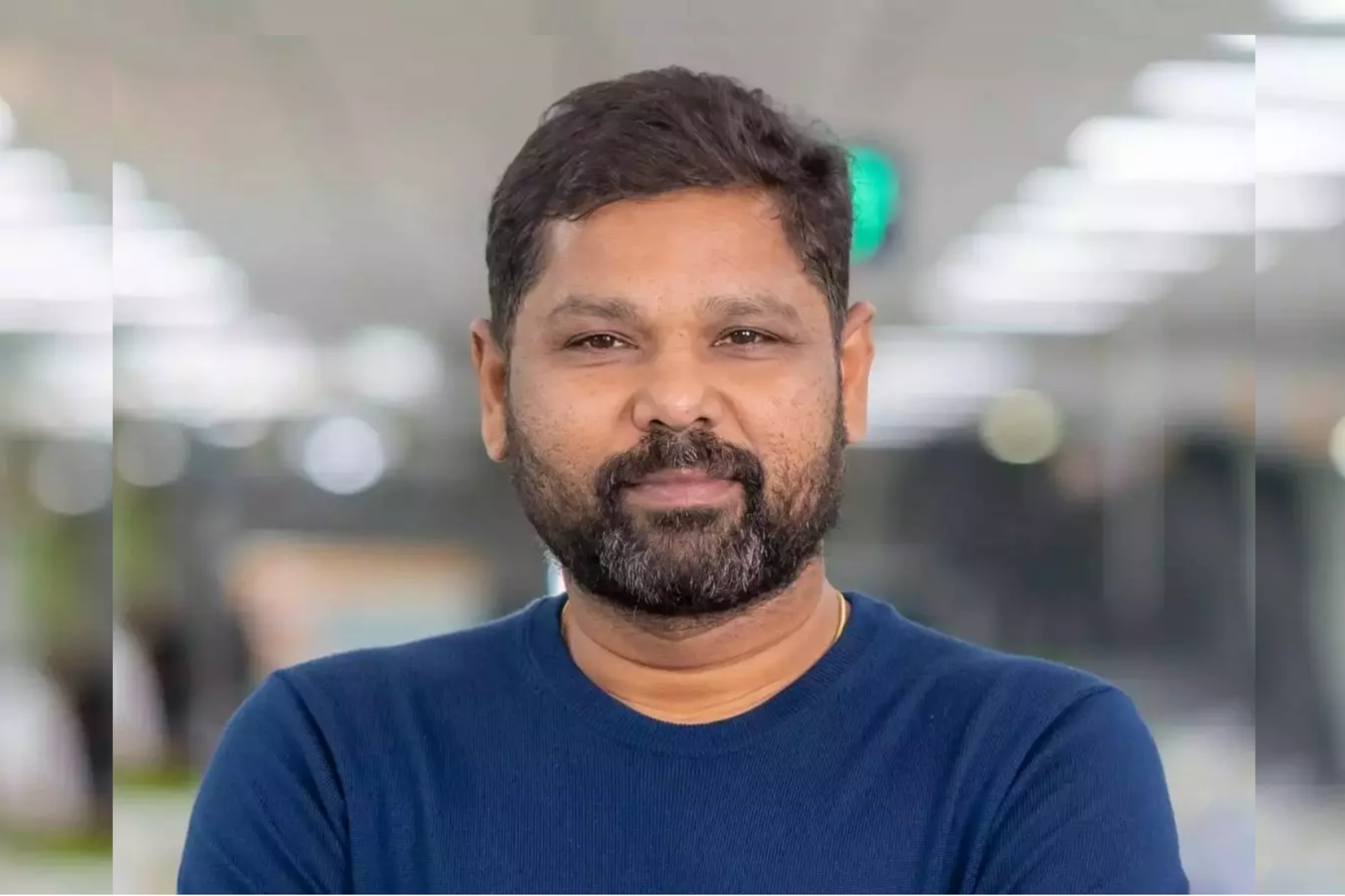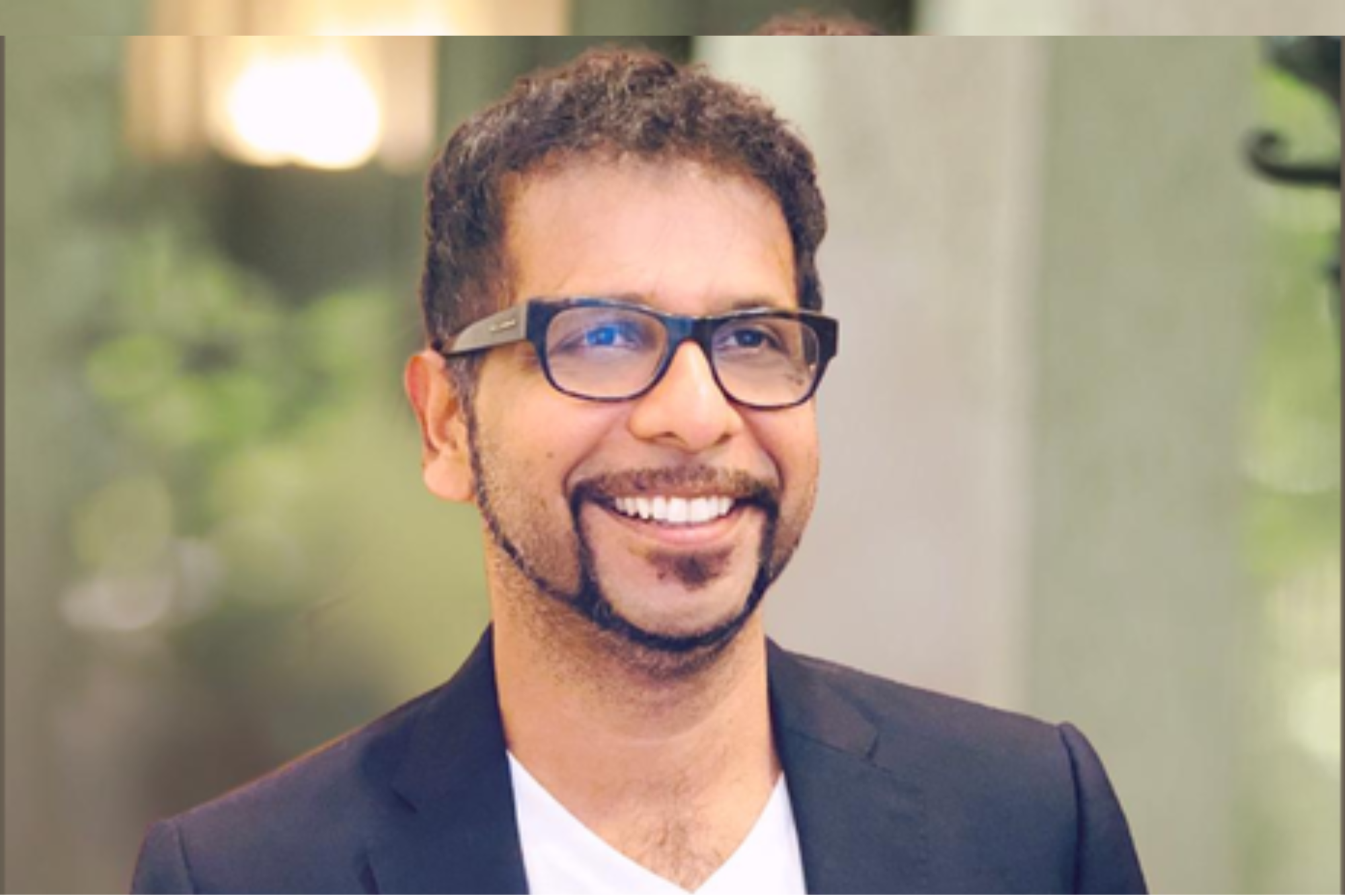Rajnath Singh Bats for India as Global Supply Chain, AI and Defence Hub Singh also stressed that India is working to position itself as a global hub for artificial intelligence
You're reading Entrepreneur India, an international franchise of Entrepreneur Media.

Union Defence Minister Rajnath Singh on Friday underlined India's growing leadership in shaping global supply chains and said the government is advancing semiconductor production in "mission mode."
Speaking at The Economic Times World Leaders' Forum 2025 in the national capital, Singh urged foreign companies and investors to tap India's defence manufacturing sector, assuring them of all necessary clearances and support. "Our Make in India is not limited to India alone. When you Make in India, you make for the world," he said.
The minister said India has the capability to strengthen supply chains at a time when many countries are facing disruptions. "Today, the world talks about China Plus. I ask you, which country other than India can do this work? Only India can," he asserted.
Singh also stressed that India is working to position itself as a global hub for artificial intelligence. "The government has launched the India-AI mission to build models for India's needs. We want India to become a Global AI Hub. Work on semiconductors is progressing in mission mode, and by the end of the year, Made-in-India semiconductors will enter the market," he said.
Responding to remarks by Pakistan's Army Chief Asim Munir, who recently likened India's economy to a sports car and Pakistan's to a dump truck, Singh said, "If two countries got independence together and one built an economy like a sports car through hard work and right policies, while the other remains stuck in failure, it is their own doing. This is not a joke, it is a confession." He added that Operation Sindoor had demonstrated India's resolve to protect its sovereignty and warned Pakistan against misjudging India's strength.
Calling for a new global order, Singh said India's vision is of a world "guided by responsibility and rooted in the global good." He argued that the measure of strength should not be domination but "the capacity to care," and called for equality, cooperation, and collaboration in international relations.












